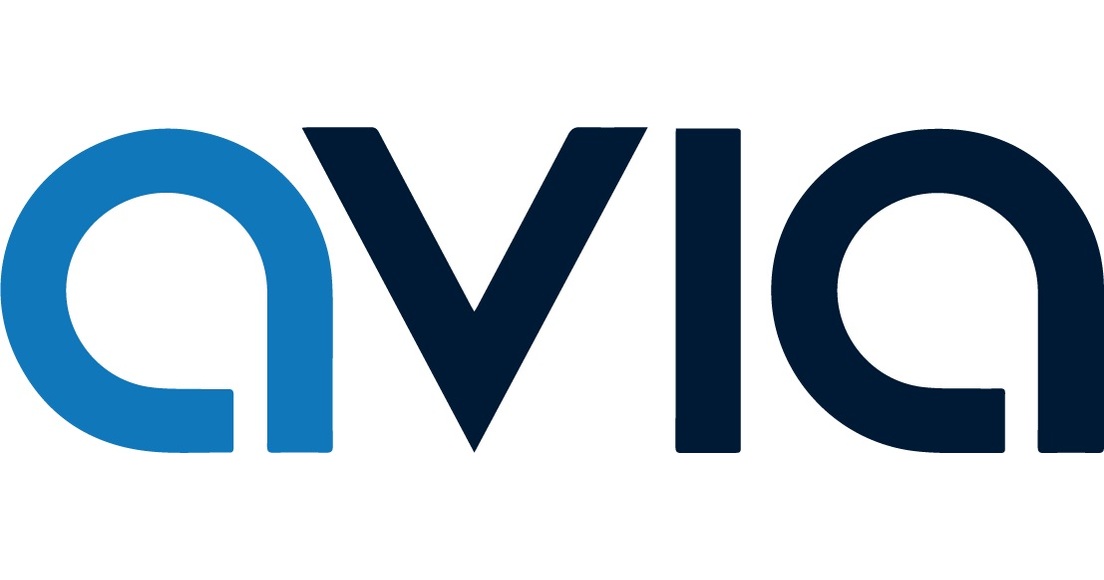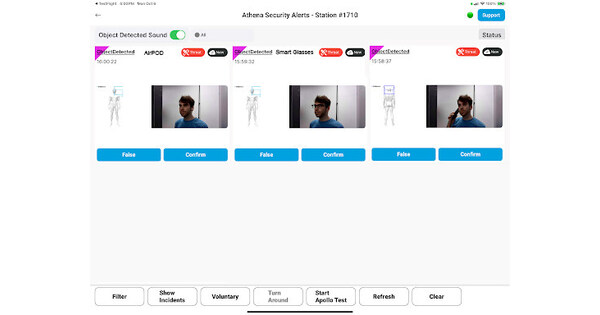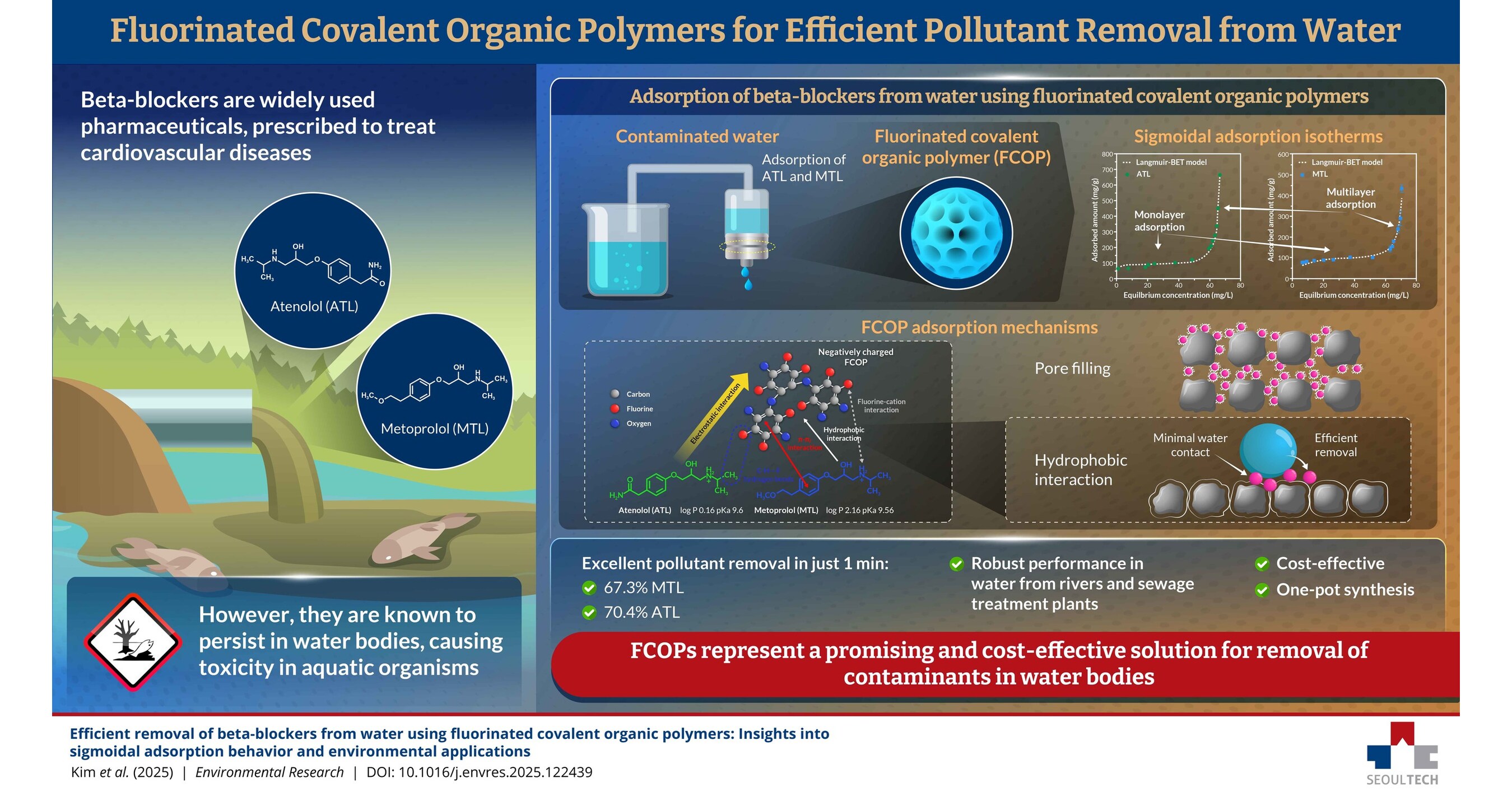The University of Georgia recently announced plans to redevelop the Legion Pool and Legion Field area to better serve and support students. The project will transform a vital part of campus into an enhanced community green space that promotes well-being, connection, and sustainability. To learn more about the planning process and goals behind this project, we spoke with Dean of Students Eric Atkinson and University Architect Gwynne Darden.
Q: Can you tell us more about the project to redevelop Legion Pool and Legion Field?
Eric Atkinson: We’re very excited about how this project will enhance the living-learning experience of our students. As part of the redevelopment, Legion Pool, its pool house, and the existing concert stand will be removed, and Legion Field will be significantly expanded to create a beautiful and functional community green space. The project also includes a new outdoor amphitheater that will take advantage of the site’s natural topography, creating a versatile venue for concerts, programs, and events.
Gwynne Darden: The Legion Field design emphasizes both gathering and reflection — spaces where students can meet friends, relax between classes, or enjoy performances in a scenic, shaded setting. In addition, the plan provides approximately 70 new parking spaces designated for students living and learning in the area, which is highly utilized by thousands of students every day. Together with the nearby West Campus Dining, Learning, and Well-being Center, these projects will transform the west campus area into one of the university’s most active hubs for student life and engagement.
Q: How will this project benefit students?
Eric Atkinson: This project offers multiple benefits for students and, ultimately, for our entire academic community. Legion Field sits in a very busy area surrounded by residence halls, dining facilities, academic buildings, and student support centers. Expanding the site will provide a central green space that serves as a gathering point for students who live, learn, and participate in activities throughout this thriving part of campus.
We know that more than half of college students nationally report mental health challenges, and the research — as well as our own student feedback—clearly shows that access to open, natural spaces fosters greater belonging and improved well-being. Green spaces allow students to pause, reflect, and connect with one another, all of which are vital to success both inside and outside the classroom.
The new amphitheater will also provide a much-needed venue for performances, service projects, and social events. With more than 900 registered student organizations, providing flexible outdoor programming space near residence halls and major dining facilities will make it easier for students to participate in campus life.
Even with the significant expansion of Legion Field, the project is also able to add new student-designated parking — something our students have repeatedly identified as a top need. Access to parking affects students’ ability to commute to and from classes, jobs, and service activities across the Athens community, and we are pleased that our students’ strong and consistent feedback about parking directly shaped this project.
Q: How was this plan created?
Eric Atkinson: The plan was developed by a campus working group, which I chaired, convened in February. This group was charged with carefully evaluating the Legion Pool and Legion Field area and identifying the site’s highest and best use to enhance students’ living and learning experience.
Over six months, the working group analyzed usage reports, financial records, and a swimming pool audit; conducted a benchmarking study of outdoor recreation facilities at peer and aspirational institutions; and solicited input from student leaders and other campus units impacted in the area. The group also toured the area and reviewed environmental and historical studies associated with the site.
I am extremely proud of the working group and the substantial time and effort they devoted to this project. They thoughtfully considered a range of scenarios — including maintaining the site in its current state and making major capital investments to repair existing facilities. Ultimately, the data showed that Legion Pool’s significant annual operating deficits — covered entirely by student fees — combined with its shrinking utilization and negative environmental impact made it unsustainable to operate in its current form.
Renovating the pool and its associated facilities would have required millions in capital investment to serve a tiny segment of our student body. The working group agreed that transforming the area into an expanded and revitalized green space would provide far greater long-term benefits for all students.
Q: Why move forward with redevelopment now?
Gwynne Darden: The upcoming opening of the West Campus Dining, Learning, and Well-being Center created a unique opportunity to reimagine the surrounding area. The expanded Legion Field will seamlessly connect with this impressive new facility, providing a natural extension for gathering, recreation, and co-curricular programming for our students.
Expanding community green spaces has been a longstanding university priority, and this project advances that goal while addressing tremendous infrastructure and sustainability concerns. Legion Pool has major, long-term structural deficiencies, including leaks that resulted in the loss of more than 24,000 gallons of water a day. Repairing these issues would have been very costly and would not have addressed the site’s limitations in serving our student body.
Eric Atkinson: The working group’s recommendation also reflects careful consideration of fairness and fiscal responsibility. Legion Pool’s usage has declined steadily for more than two decades, with total visits among all user groups down nearly 55% since 1998 and over 30% since 2019. Students are the smallest user group and represent only 10% of the pool’s visitors, and fewer than 2.5% of the student body has used the pool in recent years.
Despite low utilization, students have largely funded the pool’s operating costs and fully absorbed its $438,000 cumulative deficit over the past five years — including nearly $90,000 last year alone. Legion Pool has incurred operating deficits for 24 consecutive years. That model simply isn’t sustainable. Students and their families expect the university to use their hard-earned resources wisely, and this plan honors that trust and expectation. By redirecting student activity funds to projects that benefit the broader student community, we are ensuring a greater return on their investment.
Q: How will student fees previously used for Legion Pool be reallocated?
Eric Atkinson: One of the most important discussions among the working group centered on how to ensure that student activity fees directly benefit students. The working group’s student representatives felt very strongly that these resources should support initiatives that meet students’ most pressing needs.
Under this plan, the student activity fee reserves that previously covered Legion Pool’s operating costs and deficits will now be redirected to support programs that have a direct and measurable impact on students — such as the UGA Food Pantry, which provides essential food items and basic supplies to students experiencing food insecurity.
These resources are critical. Today, almost 20% of UGA students receive Federal Pell Grants, over a quarter of students have unmet financial need, and more than 1,300 requests for emergency assistance were made by our students last year. Redirecting these limited funds to areas like the Food Pantry, emergency aid, and wellness programming will make a tangible difference in the lives of our students.
Q: What are the next steps?
Gwynne Darden: Some preliminary work on the site may begin as early as this year. We are aiming for the redeveloped Legion Field to open in Fall 2026 as a dynamic new space that reflects the university’s commitment to student success, sustainability, and well-being. When it’s completed, this expanded area will serve as a space for gathering, community-building, and wellness that signals UGA’s lasting commitment to addressing the needs of students.






